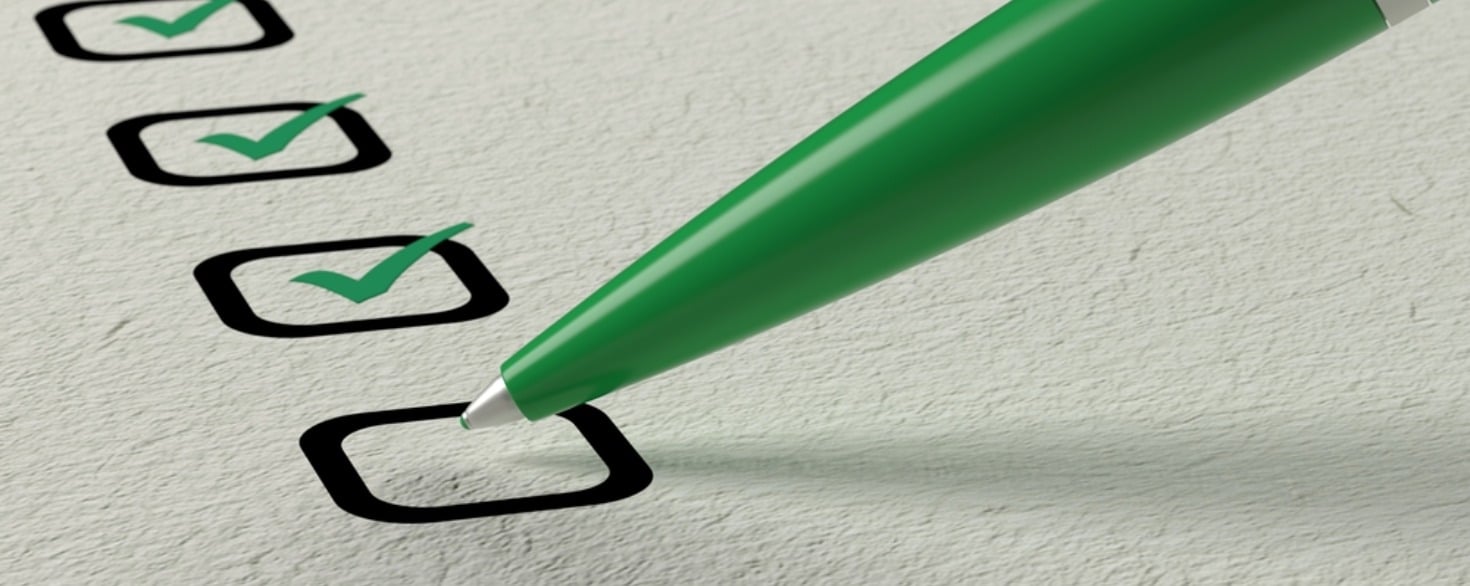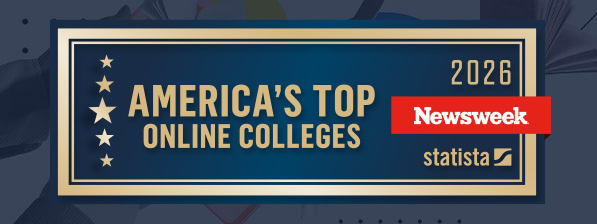
Being productive is key to success, but it isn’t always easy. In fact, at times it can be extremely difficult to stay on task.
There are many distractions that can keep people from staying productive. It can also be difficult to stay focused on something that is uninteresting or tedious.
But why is productivity so important, and why are some people so much better at it than others?
If you’re struggling to stay on task, this article will help you identify common reasons why people get off track and provide four ways to improve your productivity.
Why Is Productivity Important?
This may seem like an easy question to answer, but why are so many people concerned with being productive?
In simple terms, productivity is important because you can get more done. If you’re a productive person, you can do more with less time. That means you can take on harder, more important tasks. It also means that you have more time to do the things you enjoy like hobbies or spending time with friends.
Another benefit of productivity is the feeling of accomplishment. Taking something off your to-do list releases dopamine in your system, which is a natural mood enhancer. You get a boost in your mood every time you check something off.
People love the feeling of finishing something, especially when it is difficult or important to them. If you want to be more productive but you’re not sure where to begin, below we discuss four reasons why people struggle to be productive and four ways to improve it.
4 Reasons People Struggle to Be Productive
Understanding why you’re having trouble staying productive is a good way to figure out a solution. Here are four common things that keep people from staying productive.
1. Technology Distractions
Today’s modern societies are blessed and cursed with technology. We’re living in an age where technology can help build our dreams quicker and take them further than ever than before.
At the same time, people are easily distracted and consumed with things like social media, responding to texts, constant notification alerts and much more.
For many people, it’s very easy to pass the time scrolling through social media or checking messages. According to a 2018 Nielsen report, American adults spend on average 11 hours a day interacting with media. This includes listening to the radio, watching TV and spending time on a tablet, computer or smartphone.
Of that 11 hours a day, social media usage alone accounts for two hours and 24 minutes a day on average. With such easy access to digital technologies, it’s no wonder that people are easily distracted.
2. Lack of Direction
For some people, productivity stalls because of a lack of direction. A person may know what their end goal is but they have no idea how to get there.
This often happens when you think a task is difficult or when you’ve never done it before. It can also happen when you’re overwhelmed with a lot of other activities. When your brain is full of too many other thoughts, it can be a struggle to focus on the task at hand and accomplish what you need to.
3. Overly Difficult Work or Boredom With Tasks
Sometimes people struggle to stay productive simply because they’re bored with the work. They may find it uninteresting or tedious which makes it harder to finish.
The same thing can be true with work that is overly difficult or complicated. When a task seems too hard to finish, it is common for people to procrastinate. They tend to find excuses to not start it or to focus on smaller easier tasks instead. This leads to low productivity and a failure to accomplish work that actually needs to get done.
4. Starting Too Late in the Day
Have you ever heard or said the expression ‘there just aren’t enough hours in a day’?
Sometimes this is true. There are times when your to-do list is far longer than one day can hold.
Another reason this happens is that people don’t start working on something until the day is almost over. This may be because they had other activities during the main portion of the day or because they didn’t start their day until late into the morning.
Four Ways to Be More Productive
If you’ve been having a difficult time staying focused and completing your tasks, here are four ways to stay productive.
1. Limit Distractions
Distractions are everywhere. Your distractions may come from your social life or from your favorite game or app on your phone.
It’s important to cultivate a healthy social life, and it’s okay to have downtime to relax. But when it’s time to work, do your best to set those distractions aside.
If your cell phone or social media keep you from focusing on your work, distance yourself from it. Put your cell phone in another room. Keep social media tabs off your computer. To give you a little extra help, try using an app on your phone that sets a limit on your screen time or social media usage for a period of time. Apps like Offtime and Moment track how you’re spending your time on your phone and help you to set limits on the areas you need to.
Whatever your distraction is, give yourself some distance. Find a quiet place where you can focus on your work and not feel the need to check thirty-five messages on your phone.
2. Tackle Harder or More Important Tasks First
Many people pick their order of tasks at random or try to do the things that are easiest first. This is not the most productive way to perform duties. If you’re struggling to stay productive because you can’t pick a direction, try focusing on the harder or more important tasks first.
It’s easy to feel directionless when you have an overwhelming amount of responsibilities. You can’t do them all in one day, so do the ones that are most important.
3. Become an Early Riser
Most people would rather sleep in, but many of the most successful people in the world rise early. Some examples include GE CEO Jeff Immlet, former Starbucks CEO Howard Schultz and Twitter CEO Jack Dorsey.
Being an early riser is associated with important health benefits and improved performance in work and school.
Harvard Business Review released a study in 2010 that showed that early risers tend to get better grades and be more successful than night owls. Biologist Christoph Randler explained, those early risers “tend to get better grades in school, which get them into better colleges, which then lead to better job opportunities. Morning people also anticipate problems and try to minimize them … A number of studies have linked this trait, proactivity, with better job performance, greater career success, and higher wages.”
In regards to mental health, according to a study conducted by the Journal of Psychiatric Research, even when accounting for other risk factors, “early risers still had a 12-27 percent lower risk of being depressed than intermediate types.”
Don’t waste your most productive time laying in bed. Early to bed and early to rise and you’ll be able to start the day fresh and ready for your tasks.
4. Take a Break and Relax
Many people try to push through work, eat lunch at their desks and powerhouse through the week.
As it turns out, all work and no play is actually less productive.
In 2013, The New York Times published an article called, “Relax! You’ll be More Productive!” In it, author Tony Schwartz explains that people who take more vacations and get more sleep at night are more productive than people who don’t.
Schwartz writes that “human beings aren’t designed to expend energy continuously.” Rather, we’re meant to pulse between spending and recovering energy.
Research suggests that people only have the capacity to focus for 90 to 120 minutes before needing a break. Those who do take a break are usually able to return to their work refreshed for another 90 to 120 minutes.
Taking breaks can also help break up the monotony and keep people from becoming bored with a project. If what they’re working on is overly complicated or dense, they may want to take breaks sooner.
Grow in Productivity
With degree programs that are catered to meet the needs of busy working adults, you can improve your productivity as you work and return to the classroom to achieve your personal and professional goals. Connect with an enrollment specialist today to discover how our convenient programs allow you to learn on your own time.










